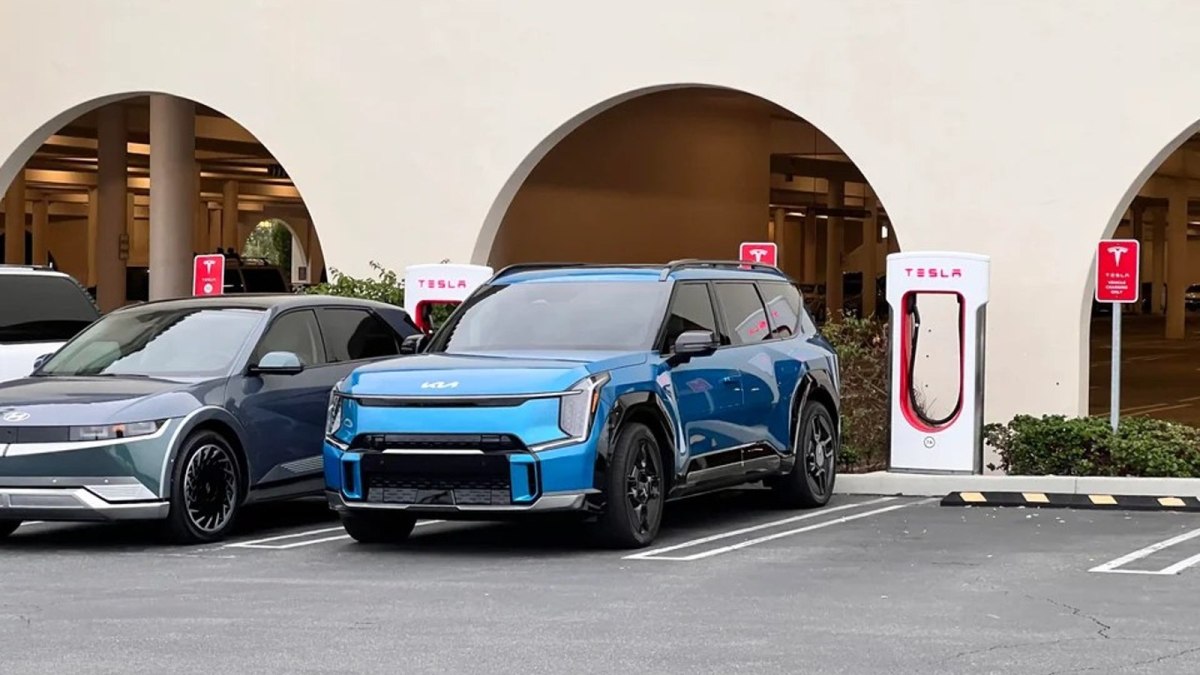And as the electric vehicle market continues to grow, the issue of Tesla Superchargers being inaccessible to non-Tesla electric vehicles has become increasingly prevalent. This has sparked a debate among industry experts, advocates, and consumers alike about whether or not Tesla is falling short in providing adequate infrastructure for the entire electric vehicle community.
Tesla Superchargers are known for their fast charging speeds and convenient locations along major highways. These chargers are specifically designed for Tesla vehicles, utilizing a proprietary charging connector that is not compatible with other electric vehicle models. This exclusivity has raised concerns about accessibility and equity within the electric vehicle charging network.
One argument in favor of allowing non-Tesla electric vehicles to use Superchargers is that it would help alleviate charging infrastructure gaps. As electric vehicle adoption grows, the demand for charging stations is also increasing. By opening up Tesla Superchargers to all electric vehicles, it could help reduce congestion at other public charging stations and make long-distance travel more convenient for all EV drivers.
On the other hand, some argue that Tesla Superchargers were built and funded by Tesla for the exclusive use of their customers. Allowing non-Tesla electric vehicles to access these chargers could potentially strain the network and diminish the experience for Tesla owners. Additionally, there are concerns about potential compatibility issues and safety risks associated with using a charger that was not designed for a specific electric vehicle model.
One potential solution to this issue is for Tesla to partner with other automakers to develop a universal charging standard that would allow all electric vehicles to utilize Superchargers. This would require collaboration and standardization within the industry, but it could benefit all electric vehicle drivers by expanding access to a fast and reliable charging network.
In the meantime, there are efforts being made to expand public charging infrastructure for all electric vehicles. Companies like Electrify America and ChargePoint are working to deploy more fast chargers along highways and in urban areas, making it easier for non-Tesla electric vehicle owners to charge their vehicles on the go.
Overall, the issue of Tesla Superchargers falling short for non-Tesla electric vehicles highlights the need for collaboration and innovation within the electric vehicle industry. As the market continues to evolve, it will be important for stakeholders to work together to ensure that all electric vehicle drivers have access to convenient and reliable charging options. Until a universal charging standard is established, the debate over Tesla Superchargers will likely continue.
